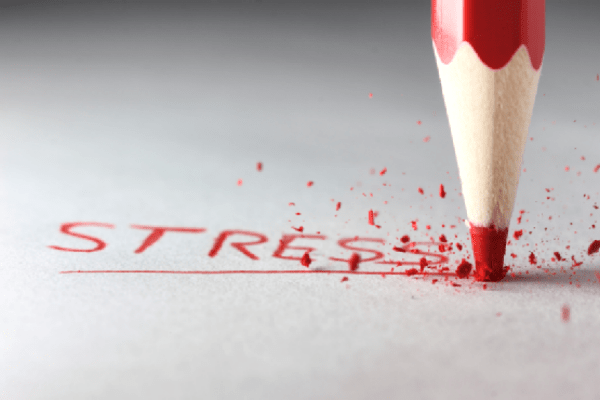Shortly before the 100-meter backstroke finals, Barbara "B.J." Bedford was mentally falling apart. Once again, she was replaying the last three Olympic trials in her head, and the picture wasn't pretty: Each time Bedford had tried to make the U.S. swim team, she had failed.
Unnerved by her past, Bedford made a quick call to the U.S. Olympic Training Center in Colorado Springs, Colo. She reached Sean McCann, a sports psychologist. Although he was not the one she usually works with, she was so nervous, it didn't matter. McCann helped her relax, and Bedford's panic attack lifted. Minutes later, she beat a very competitive field to win the backstroke final, earning a place on the team that will go to Sydney.
"I can't tell you how happy I am," she said afterward. "Words fail me. But I am going to call back that guy at the training center and tell him thanks."
Says McCann: "The USSR was a leader in applications of sports psychology, and many of their ideas had an impact on the field in this country." For the Summer Games, the U.S. Olympic Committee (USOC) will be bringing four sports psychologists who will focus on reminding athletes "what they already know, rather than introducing any new skills or strategies," he adds.

| ||
| For the Summer Games, the U.S. Olympic Committee will be bringing four sports psychologists who will focus on reminding athletes "what they already know...." | ||
 |
Nearly 25 years ago, the USOC established a branch to study visualization, meditation, and biofeedback in order to help athletes like Bedford when they need it most. While their methods have been tailored to world-class athletes, weekend warriors can benefit by how the Olympians do it, too.
One simple exercise is to take a moment and focus on something that you're trying to accomplish. Close your eyes and clearly detail the current situation. Now imagine how you would like things to turn out. Visualize it as well as you can. Try to use as many of your senses as you can. What do you see? How does your body feel? Are there any smells or sounds associated with the scene? Now see how far you need to go from your current reality to your goal.
Visualizations, like the one above, have proved to be a powerful tool in performance enhancement as well as in healing. In researching transcendent experiences in sports, Esalen founder and author Michael Murphy discovered that coaches in the former Soviet Union told their athletes to visualize their body recovering after a hard workout or race. They were told to picture their muscles and organs in their mind. The U.S. team has adopted the same techniques.
Joan Benoit Samuelson employed such techniques in 1984 when she won the women's Olympic marathon only weeks after undergoing knee surgery. And when Bruce Jenner was training for the Olympics, he found that his visualizations extended into his dream life. Several times, he saw himself crossing the finish line in the 1,500 meters, the final event of the decathlon. Each time he was victorious. When his Olympic dream did come true, the moment felt oddly familiar.
Another area of importance for elite athletes is nutrition. About 85% of Olympians take a daily vitamin and mineral supplement, compared with about 50% of the general public. But those going for the gold are far less likely to become caught up in dieting or eating fads, says Dr. Ann Grandjean, who has been working with Olympians since 1978.
"They really view their body as something to be taken care over the years," she says, "it's really a lifestyle not a diet for them."
"It's a slow and steady approach with them," adds Grandjean. "They know that the diet they start at age 12 or 13 wouldn't pay off for several years down the road. They have accepted that." Weekend warriors need to keep the same thing in mind, Grandjean says. "In almost all cases, it's about the long haul," she says.
They do, however, experiment with foods and supplements. Swimmers Gary Hall Jr. and Anthony Ervin recorded the second- and third-best times in history in the 50-meter freestyle at the recent U.S. trials. Their training secret? Protein-enriched grain bars that racehorses usually chomp on. A decade ago, many athletes also tried bee pollen before deciding it didn't help their performance.
Yet Olympic athletes have to be careful about what they ingest. Some herbal additives like Ma Huang can cause them to test positive in drug tests. Over-the-counter diet pills and antihistamines are routinely avoided for this same reason.
Horse bars and bee pollen aside, Olympic trainers recommend several basic precautions for weekend athletes:

